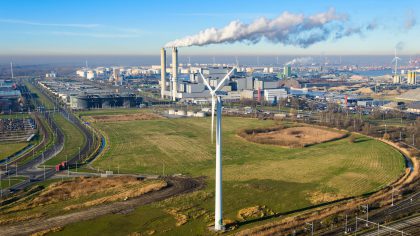It is used to generate electricity, to supply heat for industrial processes and buildings, and to provide liquid or gaseous fuel for transport. Unlike variable renewable resources such as wind and solar, biomass can provide controllable and flexible power. When converted to biofuels for transport, biomass can be stored and shipped over long distances, replacing petroleum in global energy markets.
Biomass can also be converted to biomethane and substitute natural gas. Via biorefineries biomass can be converted into a portfolio of biobased products (i.e. food and feed ingredients, chemicals and materials) and bioenergy (fuels, power, heat) (Bos et al, 2017).



